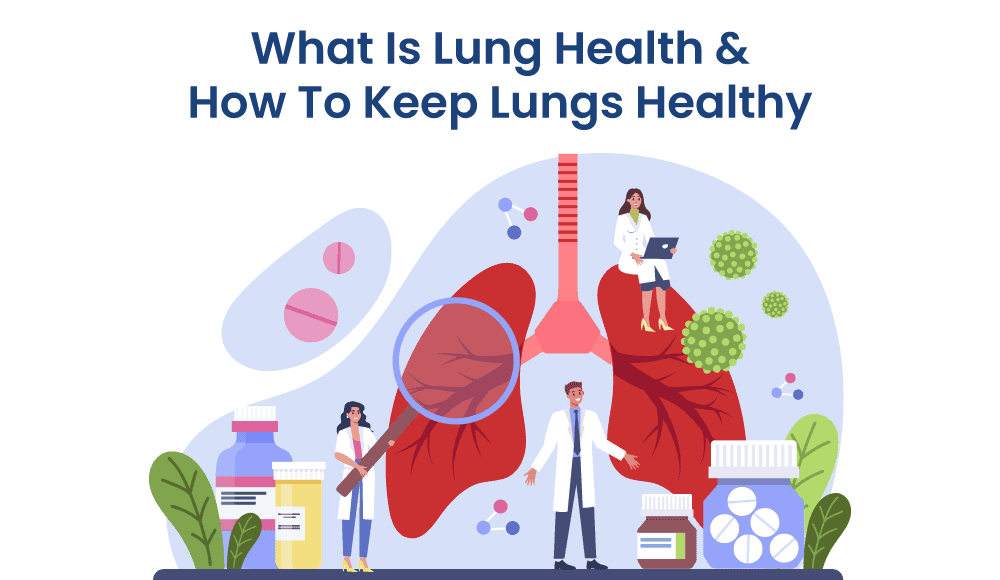
The human body is an incredible gift, capable of performing a wide range of functions necessary to sustain life. The lungs, in particular, play a crucial role in supporting our overall health by facilitating respiration and oxygenation. It is our responsibility to prioritize our lung health and ensure we are taking appropriate measures to take care of lungs. By doing so, we can protect ourselves from numerous health issues and optimize our quality of life. After all, our body is a remarkable gift that deserves to be cared for and cherished.
The lungs are integral to our respiratory system, playing a vital role in facilitating the exchange of oxygen and carbon dioxide necessary for our body’s optimal functioning. It is imperative to prioritize lung health, and in this guide, we provide a comprehensive overview of the best practices to maintain healthy lungs.
By following our recommendations and taking proactive steps to promote lung health, individuals can reduce the risk of developing lung-related illnesses and enhance their overall well-being. Therefore, it is critical to prioritize lung health and implement effective strategies on how to keep lungs healthy.
Want to discover about lung health and how to keep it healthy?
A] What is Lung Health?
The lungs are a vital component of the respiratory system, responsible for the essential function of transporting fresh air into the body as you inhale and distributing oxygen to the bloodstream. This oxygen is then carried to cells throughout the body, where it is exchanged for carbon dioxide. As you exhale, the lungs release the carbon dioxide, completing the respiratory cycle.
Maintaining good lung health refers to the optimal functioning of the lungs without any issues. If the lungs are damaged, it can result in breathing difficulties and potentially life-threatening health problems. Therefore, it is crucial to take appropriate measures to care for your lungs effectively. In this guide, we will explore the essential ways to take care of your lungs and promote overall well-being.
B] How Do You Know If Your Lungs Are Healthy?
Recognizing early signs of discomfort in the lungs is important, regardless of the severity. To determine if your lungs are healthy or if you should seek medical advice, it is essential to be aware of common signs of lung diseases.
Here are some indicators to look out for:
-
- Labored Breathing: This is a feeling of difficulty in breathing in and out, also known as shortness of breath.
-
- Shortness of Breath: If you frequently feel short of breath, even after taking a break from rigorous activities, it could be an indication of a lung issue.
-
- Coughing up Blood: Coughing up blood is a sign of a potential lung problem, indicating blood coming from the upper respiratory tract, primarily the lungs.
-
- Prolonged Cough: A cough that lasts for more than a month should be evaluated by a doctor.
-
- Chronic Production of Mucus: While mucus is essential in defending our body against irritants and infections, prolonged and continuous mucus production for over a month is a sign of several lung diseases.
-
- Constant Chest Pain: Chest pain that lasts for more than a month and is unexplained can be a warning sign of lung disease. It might also occur while breathing in or out, indicating a potential serious issue.
If you have been experiencing any of these symptoms, we strongly suggest that you contact a reputable cardiothoracic surgeon in India who is located in your region. It is important to find a surgeon with a proven track record of successfully treating individuals with complex lung conditions, as well as someone who is capable of performing lung transplant surgery in Mumbai. Don’t hesitate to seek professional medical attention right away.
C] How To Keep Your Lungs Healthy?
Want to learn how to take care of your lungs? Here are some easy steps you can take to maintain healthy lungs without any special attention or nourishment:
1. Avoid Smoking
When you smoke a cigarette, your body, including your lungs, is exposed to a variety of chemicals, such as tar, nicotine, and carbon monoxide. These chemicals can have a negative impact on your lung health by making it harder for your lungs to cleanse themselves and leading to narrow airways that can cause breathing problems. Smoking can be considered one of the worst habits for the lungs as it can also cause healthy lung cells to turn cancerous and accelerate lung aging.
2. Exercise Regularly
Regular physical activity can improve your overall health, particularly your heart and lung health. It is recommended to engage in at least 30 minutes of exercise daily, even if it’s just brisk walking, as this can strengthen the muscles that aid lung expansion. Deep breathing exercises can also benefit lung health by helping to eliminate toxins from the body. Ideally, taking one minute to practice deep breathing every hour can provide significant benefits.
3. Avoid Polluted Air
Air pollution is a growing concern in urban areas, with harmful pollutants affecting the air quality. These pollutants from industrial fumes and mining can be harmful to your lungs. It is advisable to minimize your exposure to polluted air as much as possible. You can do this by adopting clean energy products, wearing a mask in polluted areas, and testing your home for radon, an invisible gas that can cause lung cancer.
4. Maintain Personal Hygiene
Maintaining personal hygiene is essential for overall health and well-being. Washing your hands frequently and brushing your teeth twice a day are important practices to prevent the spread of germs and bacteria. During flu season or when there is a surge in Covid-19 cases, it’s advisable to avoid crowded places to minimize the risk of infection.
5. Get Vaccinated
Keeping up with your vaccinations is crucial for protecting yourself against diseases that can harm your lungs. It is recommended that you get vaccinated for COVID-19 and the flu, as these illnesses can have serious respiratory effects. If you are 65 or older, it is also important to consider getting a pneumonia vaccine to reduce your risk of health issues.
6. Eat Healthy Food
Eating a nutritious diet is essential for maintaining good health which includes improving lung health. Consuming foods such as tomatoes, pumpkins, beets, and apples, which are rich in fiber and protein, can help improve the health of your lungs. Consider swapping out sugary, carbonated drinks for green tea, which has been linked to several health benefits.
To know more about foods for lung health, read our blog: Foods For Your Lung Health: What to Eat and What to Avoid.
7. Avoid Lungs-Damaging Food
Choose whole, unprocessed foods over processed options, and limit your intake of high-fat, fried, and sodium-rich foods. These habits not only negatively impact your lung health but also affect other organs in your body.
8. Get Regular Check-Ups
Regular health check-ups are an important part of maintaining good overall health, including lung health. Even if you are not feeling sick, it is recommended to visit your doctor for check-ups to detect any potential health problems early on. Lung cancer, for instance, may not show any symptoms in its early stages, making regular check-ups crucial for early detection and treatment.
Want to discover about lung health and how to keep it healthy?
D] Conclusion:
Maintaining lung health is vital for overall well-being. Our lungs play a crucial role in breathing, and any damage to them can have severe consequences. Ignoring your lungs’ health can lead to problems that require surgery. You can check out our blog, “Lung Transplant Surgery Cost In Mumbai, India”, to stay informed about the monetary toll you need to pay for ignoring your lungs’ health. By following simple steps such as avoiding smoking and limiting exposure to pollutants, exercising regularly, eating a healthy diet, and getting regular check-ups, we can take steps towards keeping our lungs healthy.
It is never too late to start taking care of your lungs, and every small effort counts towards a healthier life. Prioritizing lung health can lead to a better quality of life, increased longevity, and fewer complications related to respiratory diseases. Let us all take the necessary steps to keep our lungs healthy and breathe easy.


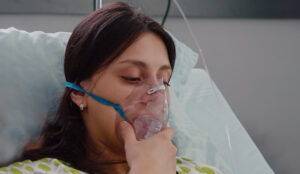

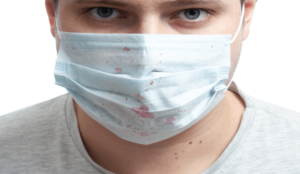
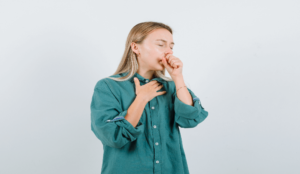
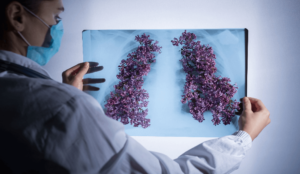

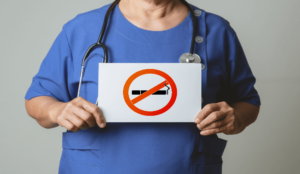

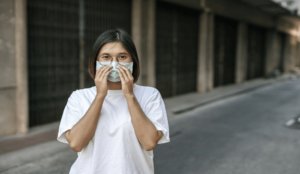
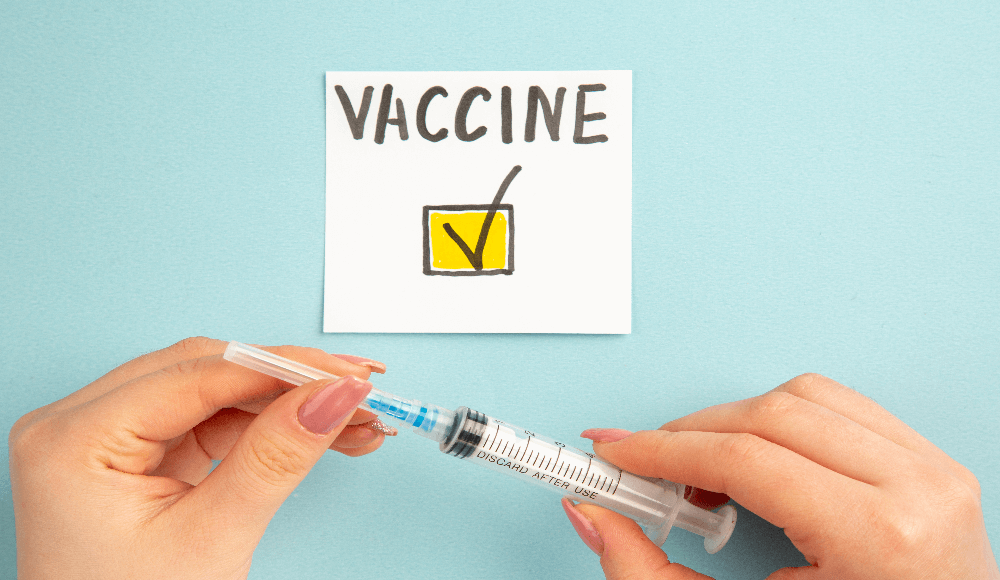


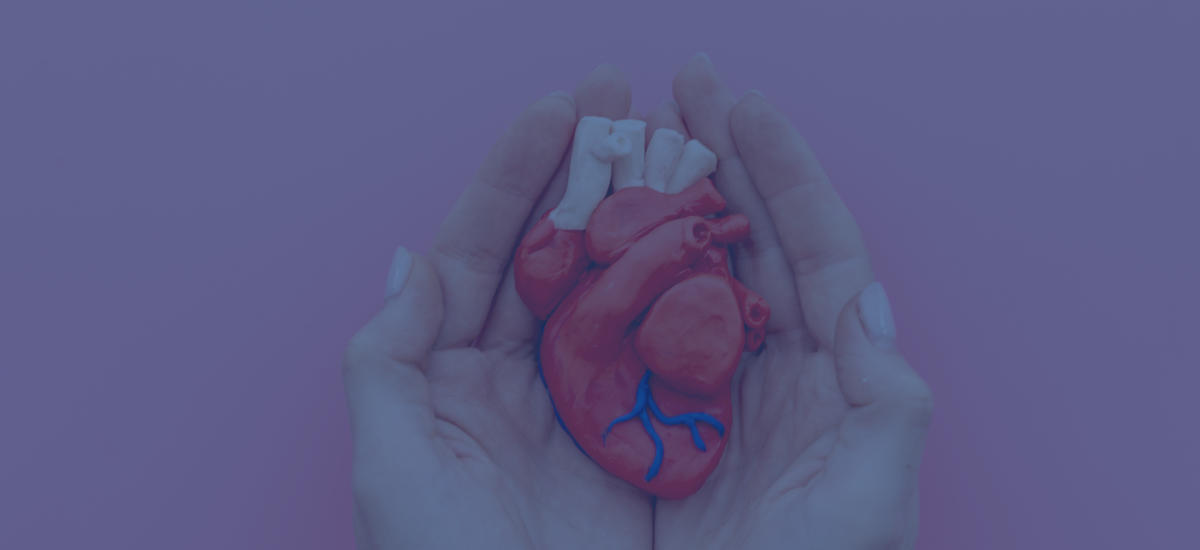
[…] Are you interested in learning how to keep your lungs healthy? Then our in-depth guide can surely help you grasp the details! […]
[…] keep yourself well-hydrated while you are awaiting medical evaluation. Do check out these effective strategies for a healthy recovery from lung […]